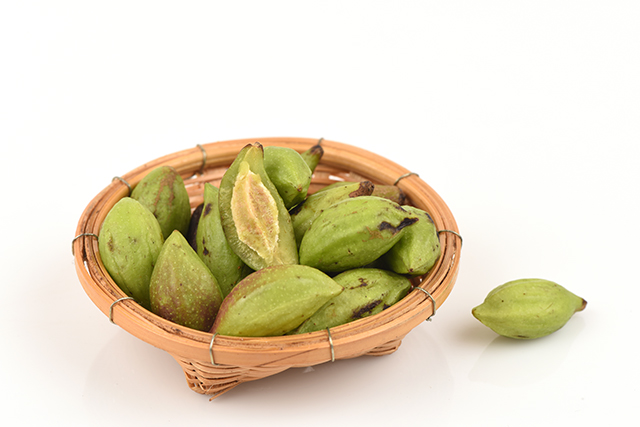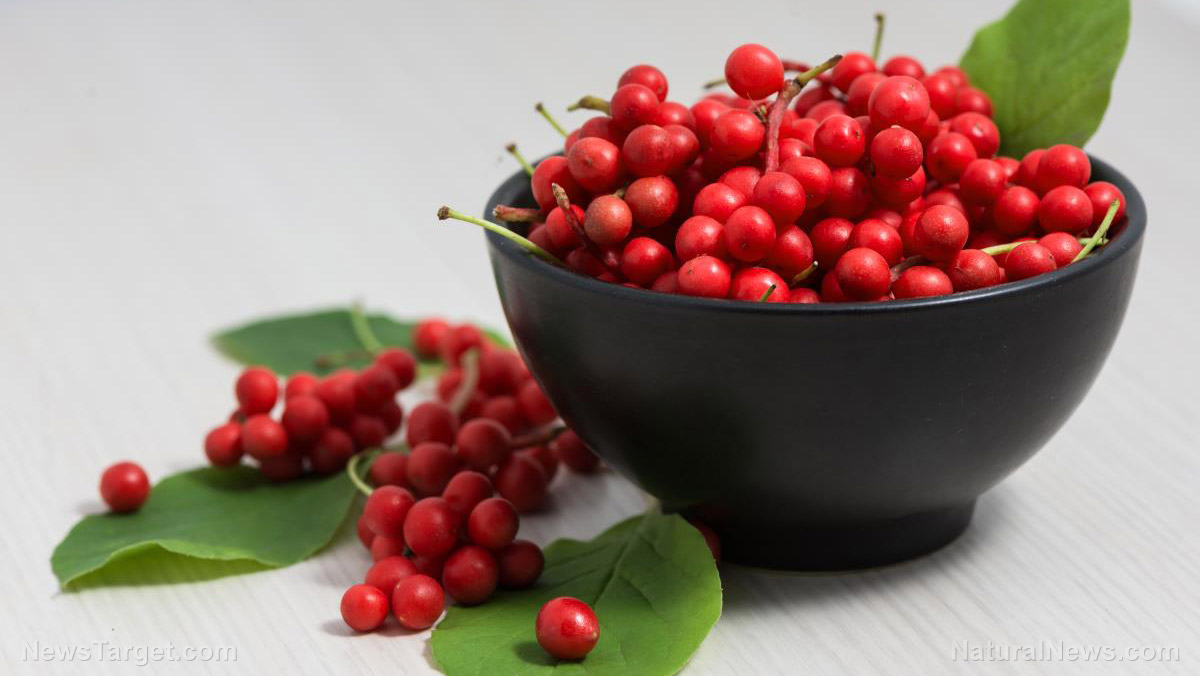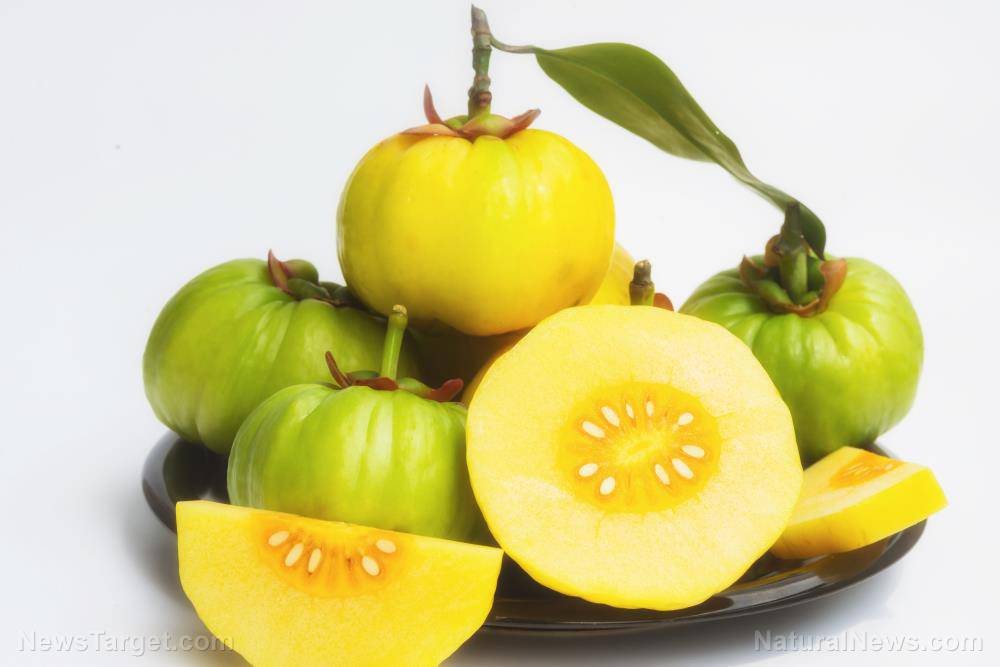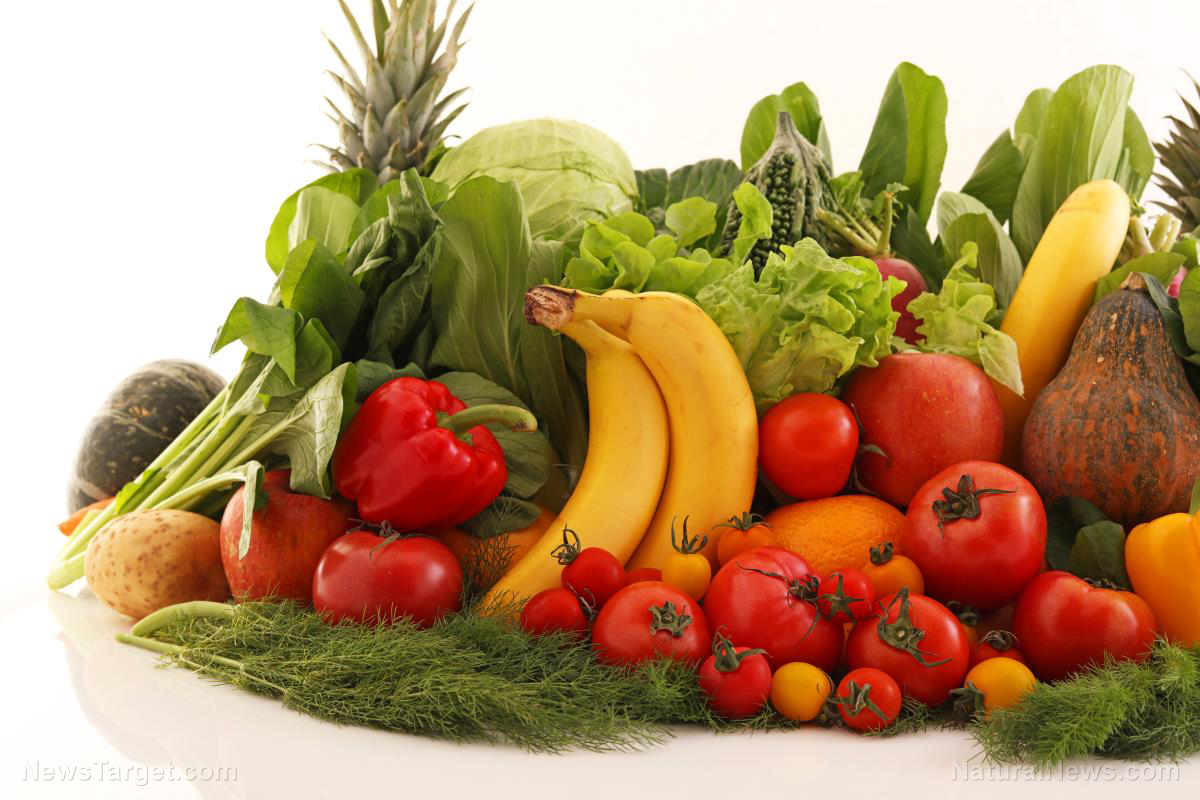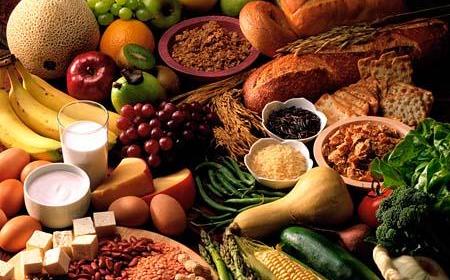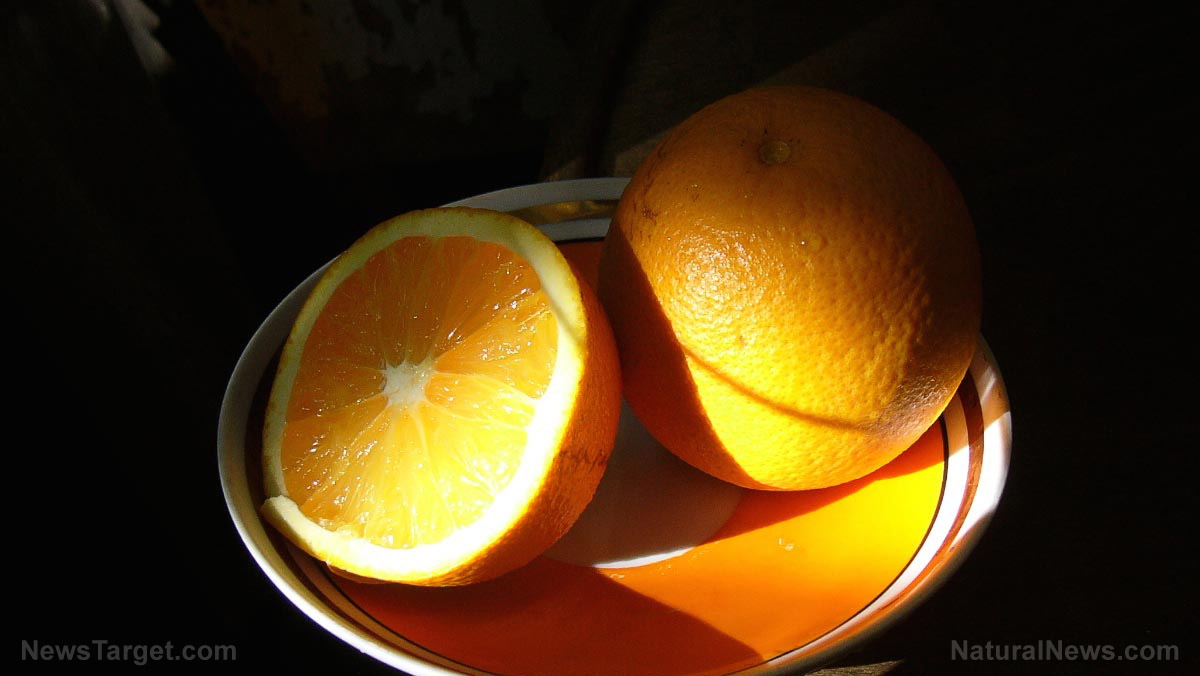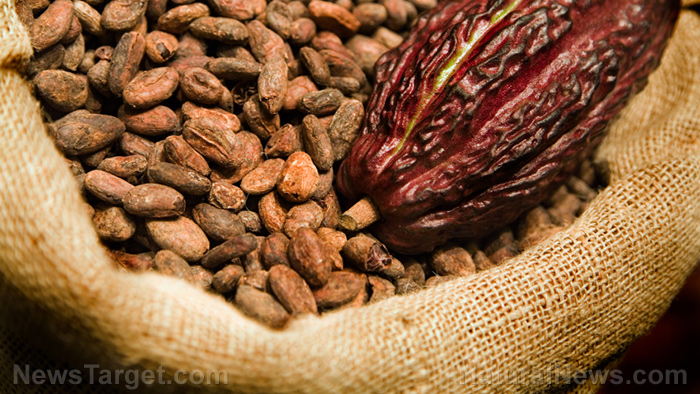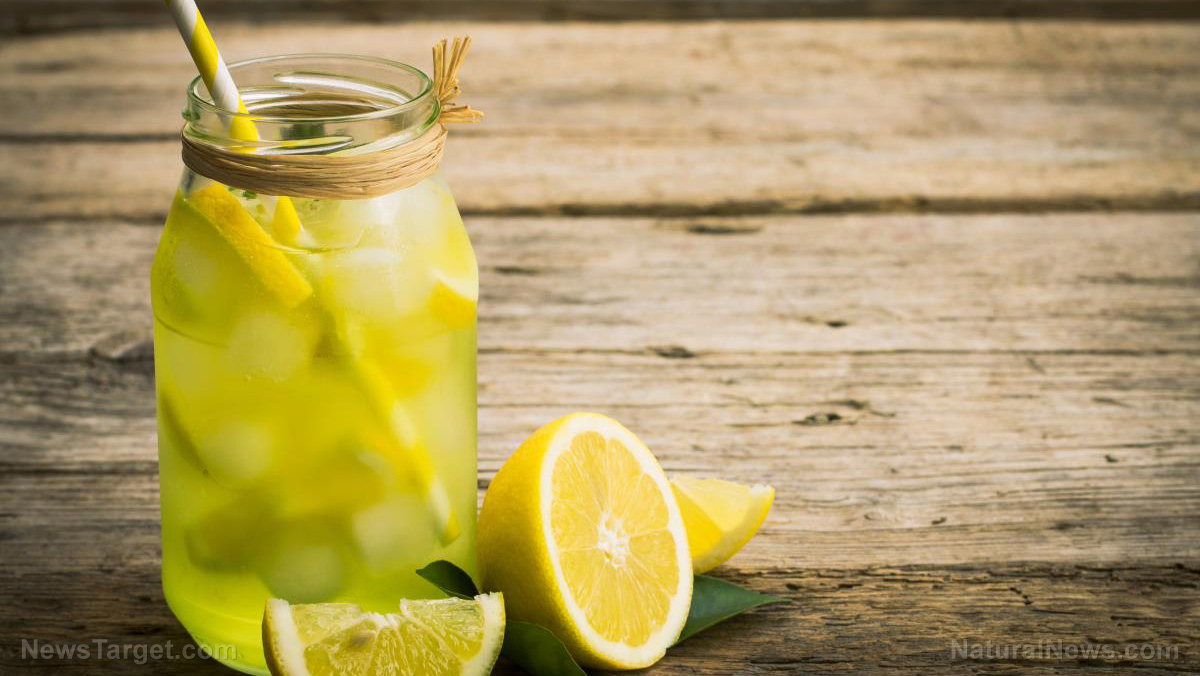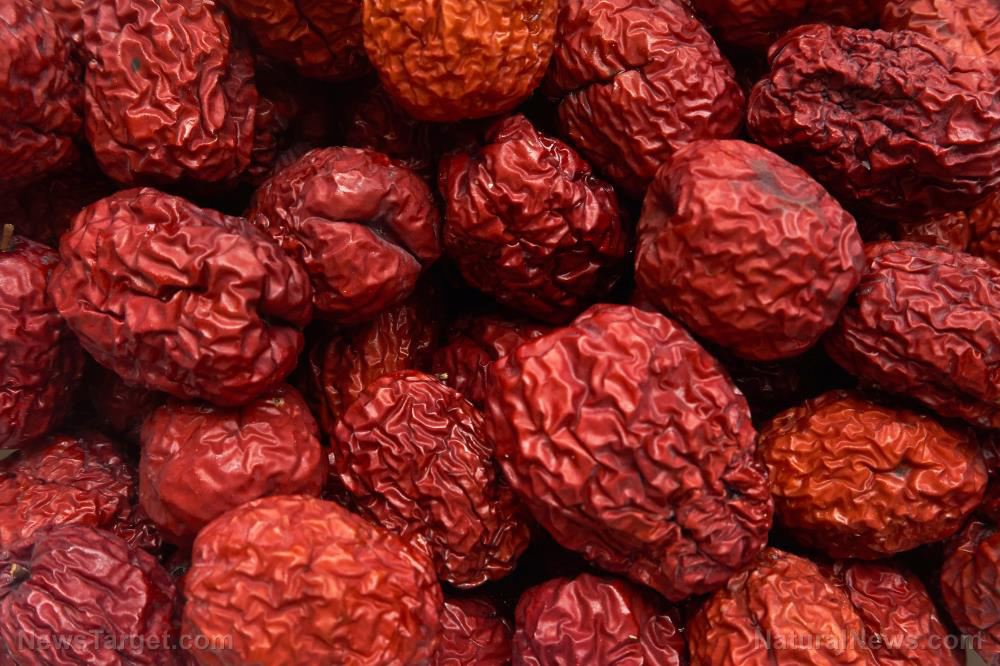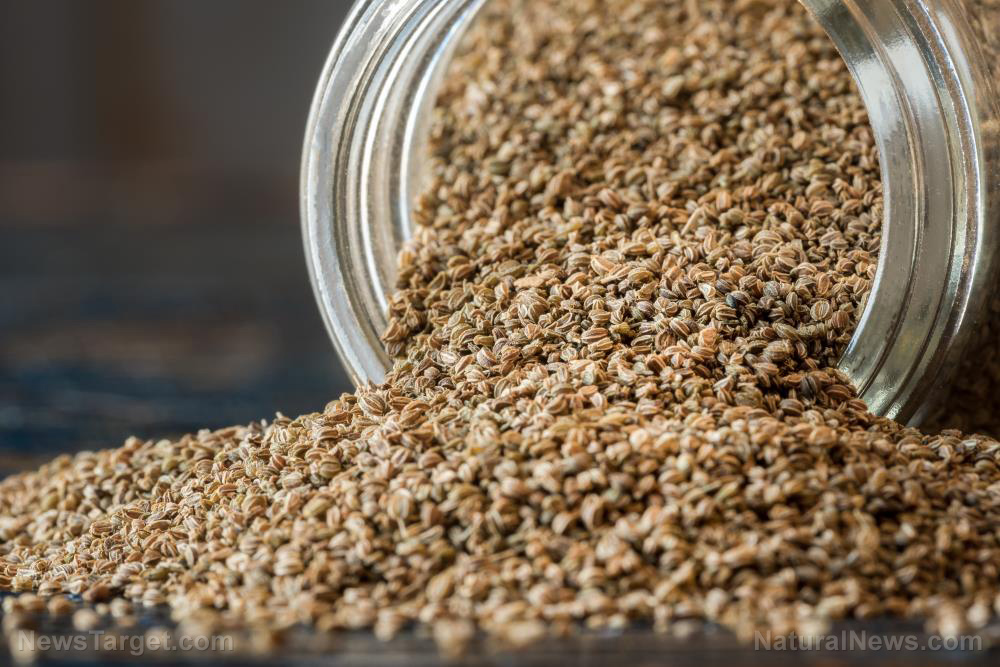Drinking red wine causes flurry of “brain exercise” as neurons work to analyze the experience
12/27/2018 / By Rhonda Johansson
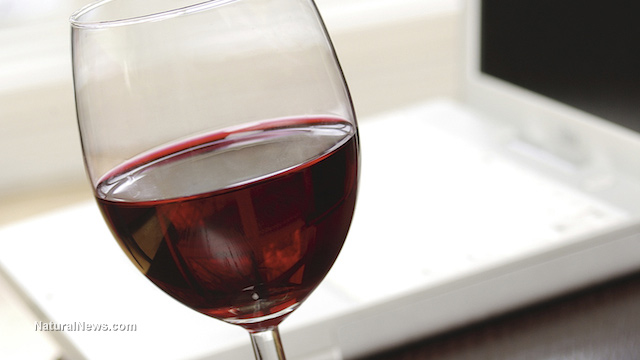
A neurologist says drinking wine gives your brain a workout, stimulating more of the organ more than “any other human behavior” notes an article published in Daily Mail. Professor Gordon Shepherd from the Yale School of Medicine found that the brain undergoes a series of complex neurological processes to taste wine. Drinking wine, apparently, triggers a set of sensory and emotional reactions in the brain. “The taste is not in the wine,” Shepherd writes in his book, Neuroenology: How the brain creates the taste of wine. “The taste is created by the brain of the wine taster.”
Red or white, either improves cognitive function
Shepherd claims that the taste of wine is an illusion. Our brains pull in various memories and sensory perceptions surrounding food and drink to develop the taste of the wine. He coined the term “neurogastronomy” to describe this fascinating field of studying how the brain perceives flavor.
So how exactly does it work? Shepherd says that the movement of the wine through the mouth and alcohol-infused air through the nose forces the brain to conjure up a flavor. The most important aspect of this “creation” or “brain activation” process is when we breathe out wine-infused air after we take a sniff. Wine flavor is perceived similarly to how the brain sees color, except is “colored” (pun intended) by the drinker’s emotional connection to the wine in their glass. The taste is “heavily dependent on our memories and emotions and those of our companions,” notes Shepherd.
He goes on to add in an interview with National Public Radio in the U.S., “The molecules in wine don’t have taste or flavor, but when they stimulate our brains, the brain creates flavor the same way it creates color.” Shepherd says sniffing wine requires “exquisite control of one of the biggest muscles in the body” and the swishing action inside the mouth engages the intricate muscles that control the tongue.
Shepherd reached this conclusion after several experiments. He claims that he has the evidence that proves that drinking wine engages the brain more than enjoying music or performing challenging math equations.
In order to gain the full effects of this mental workout, Shepherd suggests not spitting out the wine during tasting season. This action prevents the drinker from fully appreciating the wine.
Shepherd does warn though that his findings are not an excuse for hedonism. Drowning yourself in the wine can “saturate the system.”
Just a touch of love…just a touch of that vintage
The health benefits of wine have long been studied. The compounds found in wine — red in particular — have been noted to promote cardiovascular health. Drinking wine in moderation can also promote weight loss, reduce forgetfulness, boost immunity, and even prevent bone loss.
Studies have found that those who drink daily (and in moderation) have a lower body mass index (BMI) compared to those who only indulge occasionally. While the medical community confirms that BMI may not be a great indicator of good health (the risk of developing disease is more associated now with the circumference of one’s waist rather than just a BMI number), the index is still trusted as an indicator to the likelihood of developing life-threatening conditions. Regular wine drinkers tend to have narrower waists and less abdominal fat than those who drink liquor. Moreover, additional studies suggest that alcohol encourages your body to burn extra calories for as long as 90 minutes after you consume a serving of it.
Drinking a glass of wine, of either variety, reduces the risk of infection by Helicobacter pylori — a bacteria that causes gastritis, ulcers, and stomach cancer — notes one British study. Spanish researchers have also found that consuming as little as half a glass of wine a day guards against food poisoning caused by germs like salmonella.
With America slated to edge out France and Italy in total wine consumption in the near future, it’s worth noting the many health benefits this beverage delivers.
Sources include:
Tagged Under: Alcohol, brain function, brain health, cardiac health, drinking wine, mental health, weight loss, wine, wine consumption

